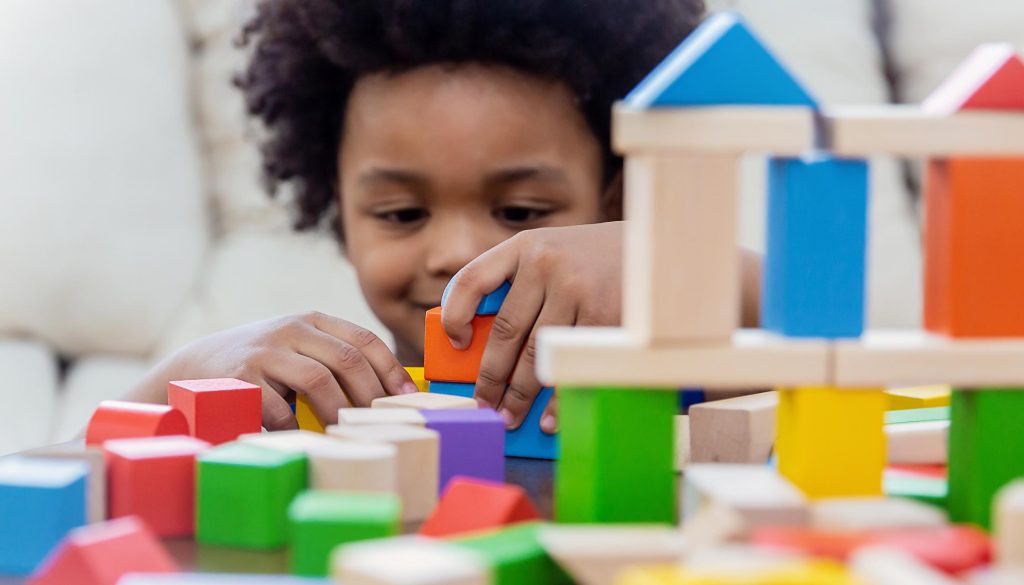Growing Through Play

Play is often seen as simple fun, but it is much more for children. Play is a child’s work! It’s a powerful tool that fuels their development, helping them to grow physically, cognitively, emotionally, and socially. Through play, children explore the world, learn new skills, and build the foundations for lifelong learning and well-being.
1. Cognitive Development
- Problem-Solving: Children who engage in play, especially activities like building blocks or puzzles, learn to think critically and solve problems. They experiment with different strategies, learning from trial and error, which enhances their cognitive flexibility.
- Creativity and Imagination: Pretend play stimulates creativity, such as role-playing as a doctor or building imaginary worlds. It allows children to think abstractly, envision different scenarios, and develop innovative thinking.
2. Physical Development
- Gross Motor Skills: Active play, such as running, jumping, or climbing, helps develop gross motor skills. These activities strengthen large muscle groups, improve coordination, and build endurance.
- Fine Motor Skills: Drawing, cutting with scissors, or manipulating small objects refine fine motor skills. These actions enhance hand-eye coordination and agility, which are crucial for tasks like writing and self-care.
3. Social Development
- Communication Skills: Play often involves interaction with others, whether it’s a parent, sibling, or peer. Through these interactions, children learn to express themselves, listen, and understand others, building essential communication skills.
- Cooperation and Turn-Taking: Group play, such as playing a board game, teaches children the importance of cooperation, taking turns, and working towards a common goal. These experiences are foundational for developing empathy and social relationships.
4. Emotional Development
- Self-Regulation: Play provides a safe space for children to express and manage their emotions. Whether role-playing or navigating a challenging game, they learn to regulate their feelings, cope with frustration, and experience joy and satisfaction.
- Confidence and Resilience: Through play, children encounter challenges and experience both success and failure. Overcoming obstacles and achieving goals in play builds self-confidence and resilience, crucial for facing real-life challenges.
5. Language Development
- Vocabulary Building: Children are exposed to new words and concepts during play, especially in storytelling or role-playing activities. This expands their vocabulary and improves their language skills.
Play is a fundamental part of a child’s development. Through play, children learn about the world, develop essential life skills, and grow into well-rounded individuals. By encouraging and engaging in play with children, parents and caregivers can support their holistic development, laying the groundwork for a bright and successful future.





